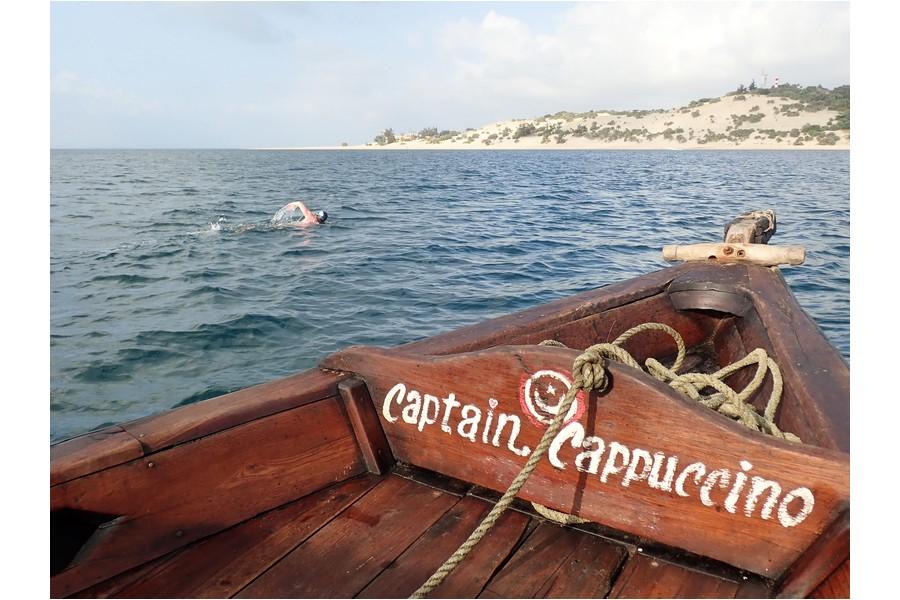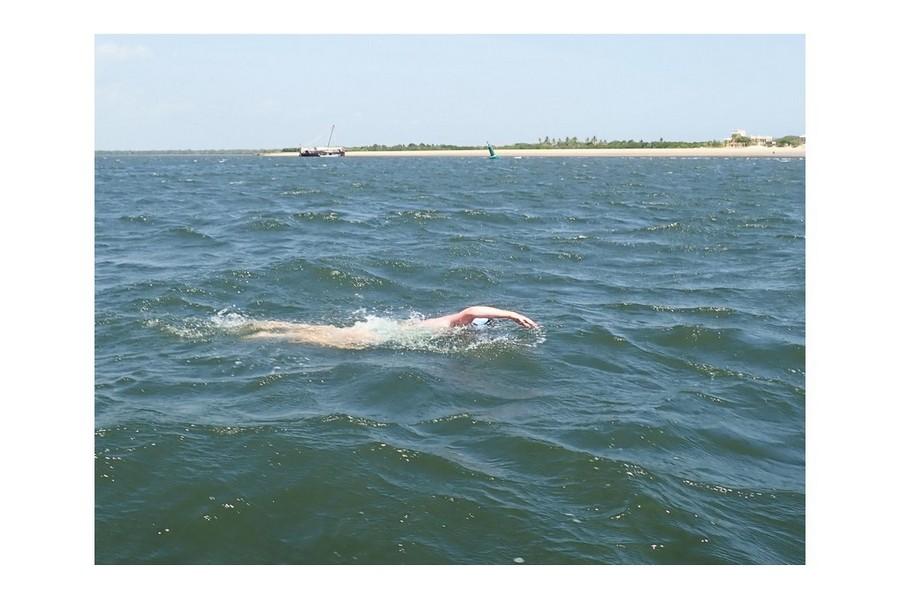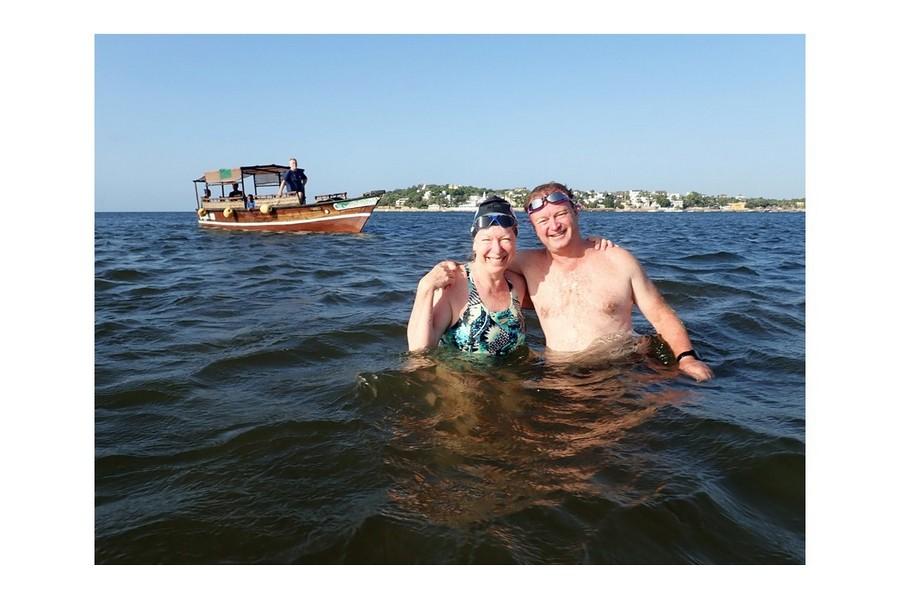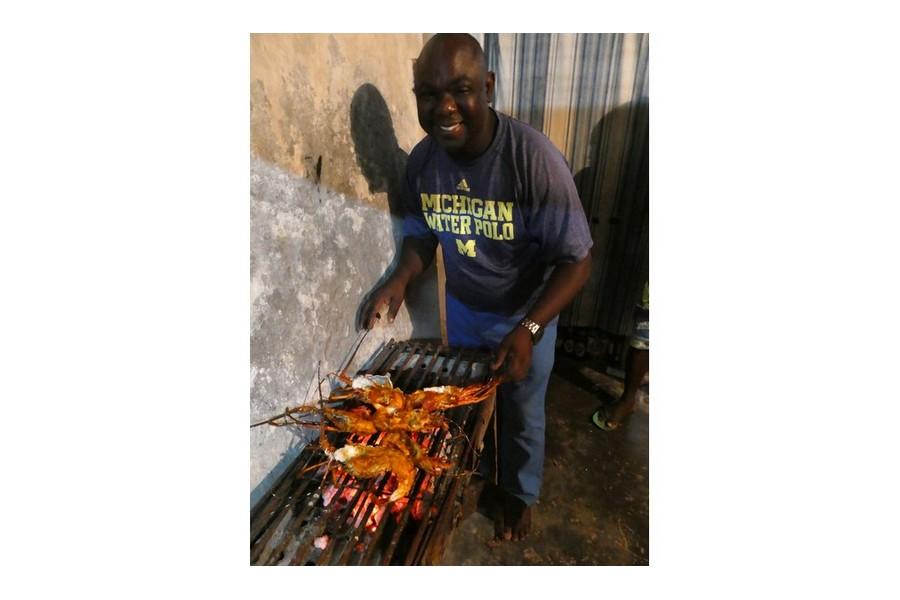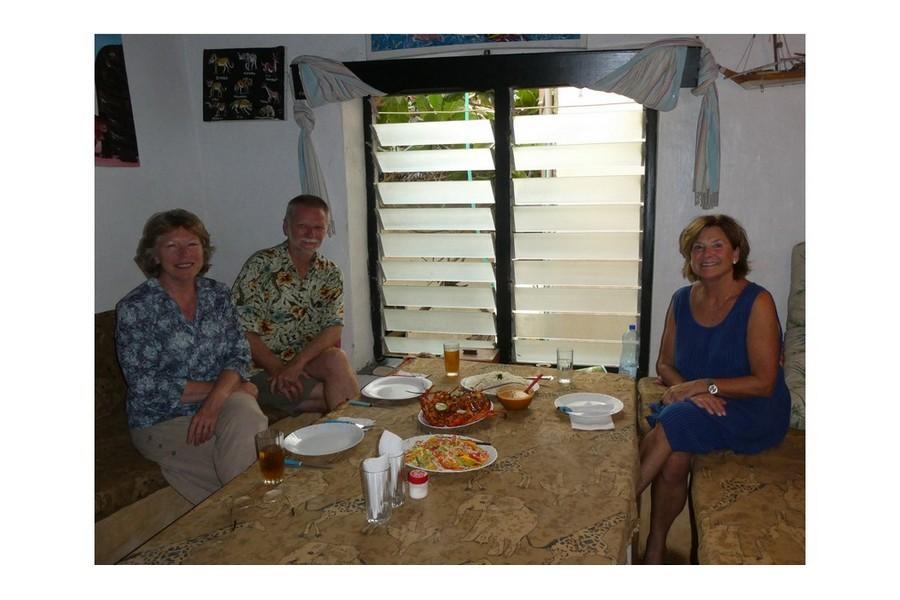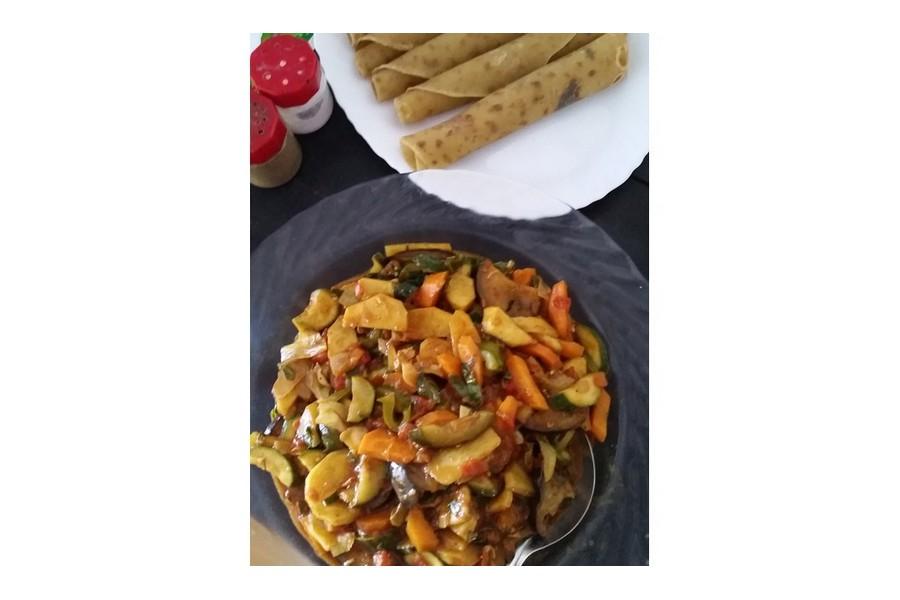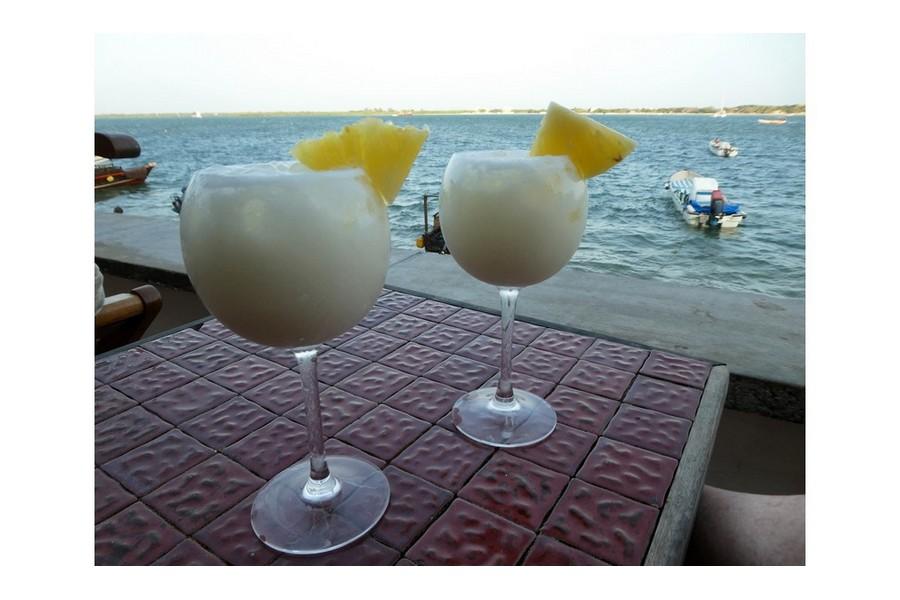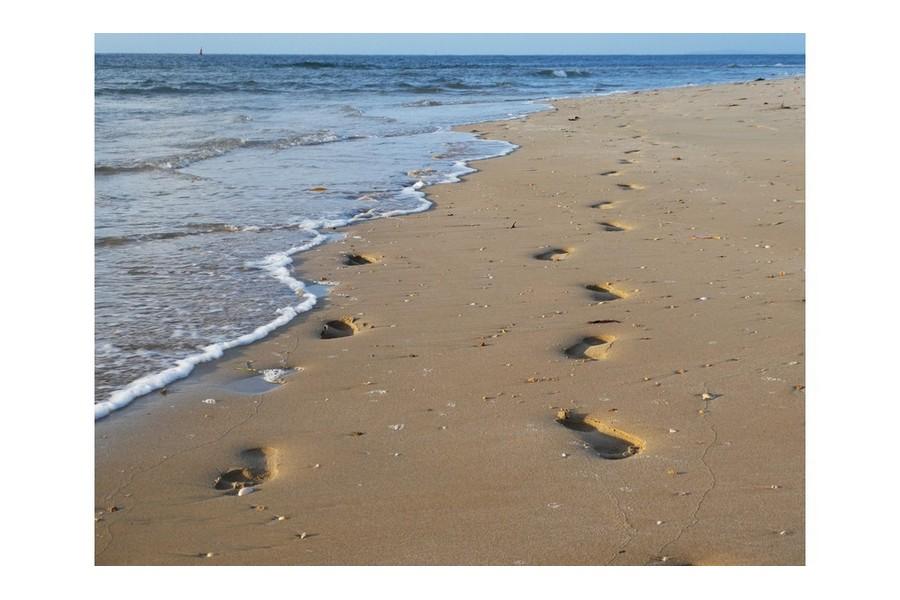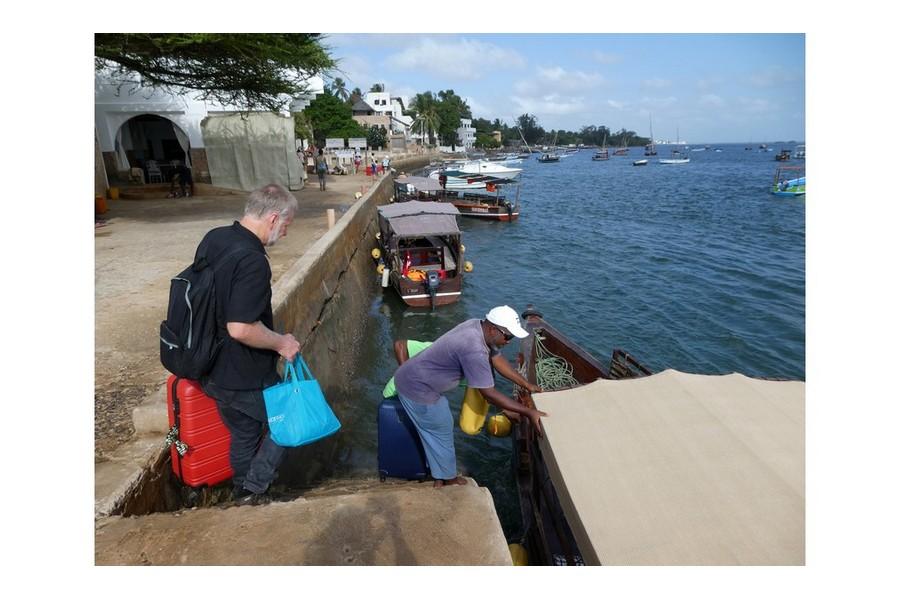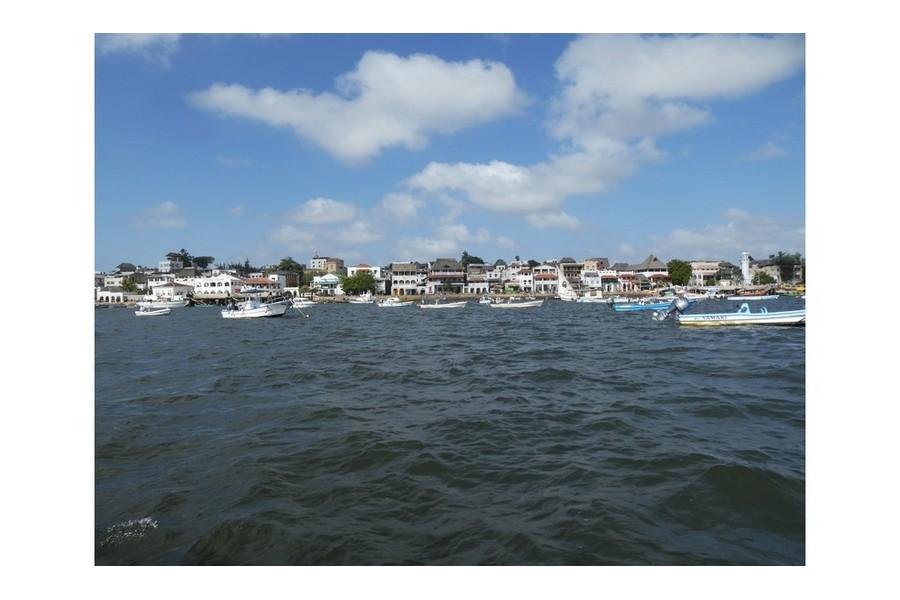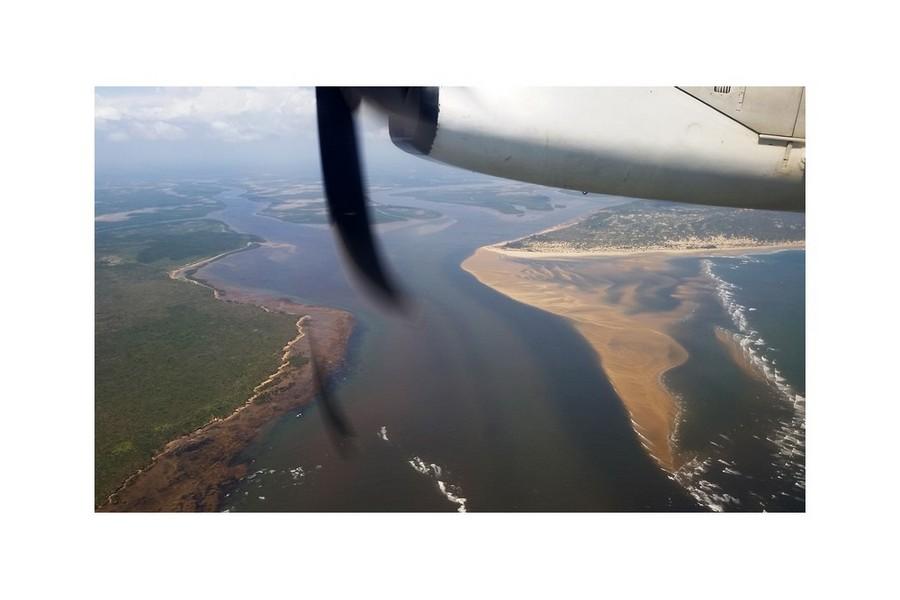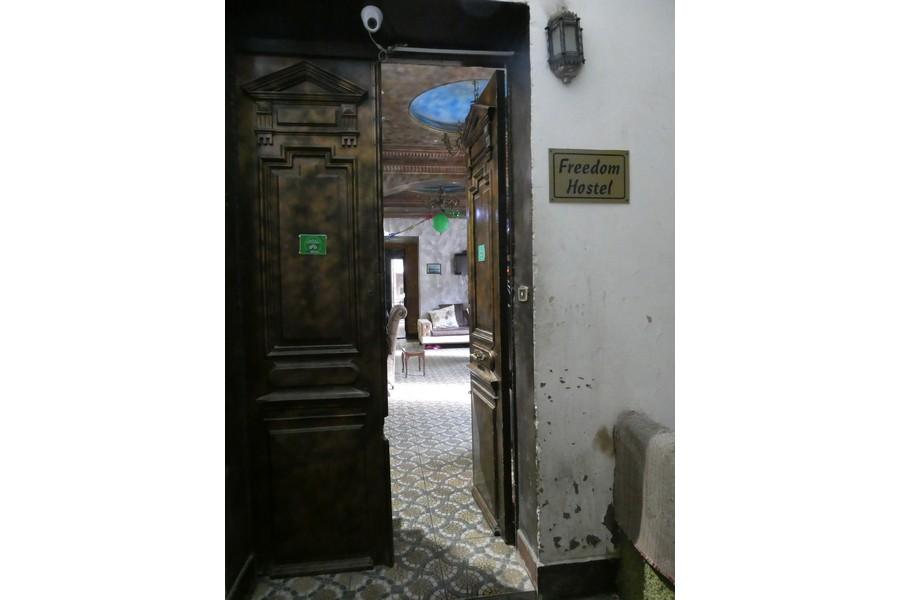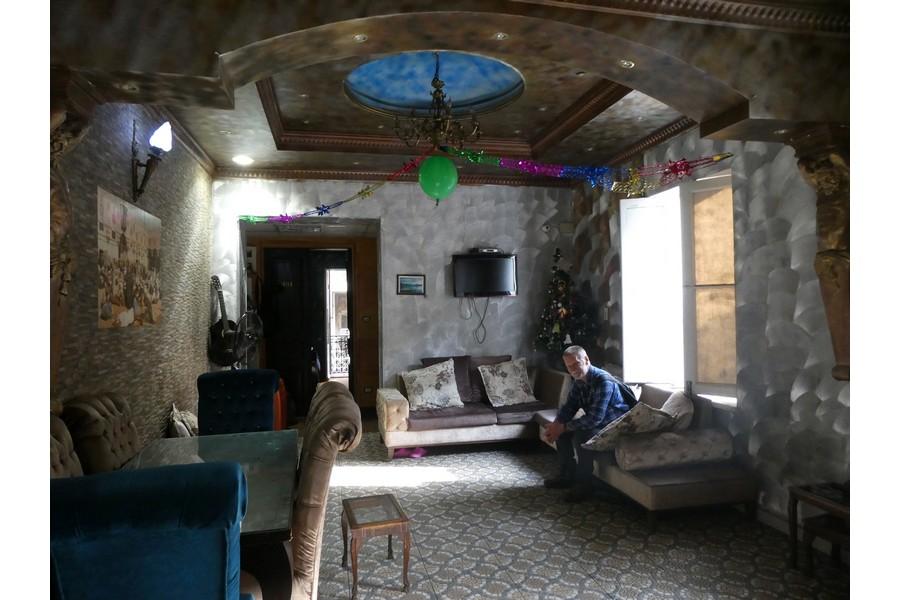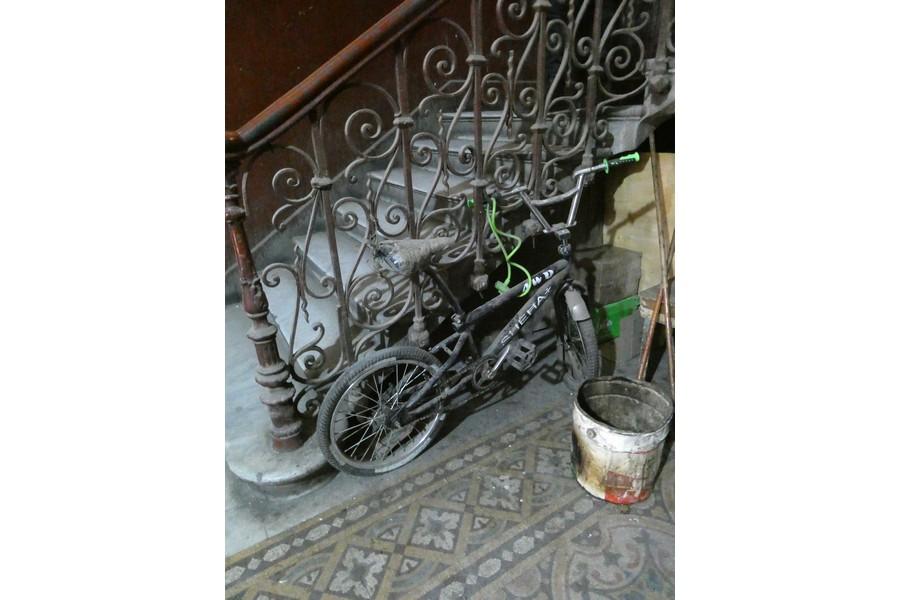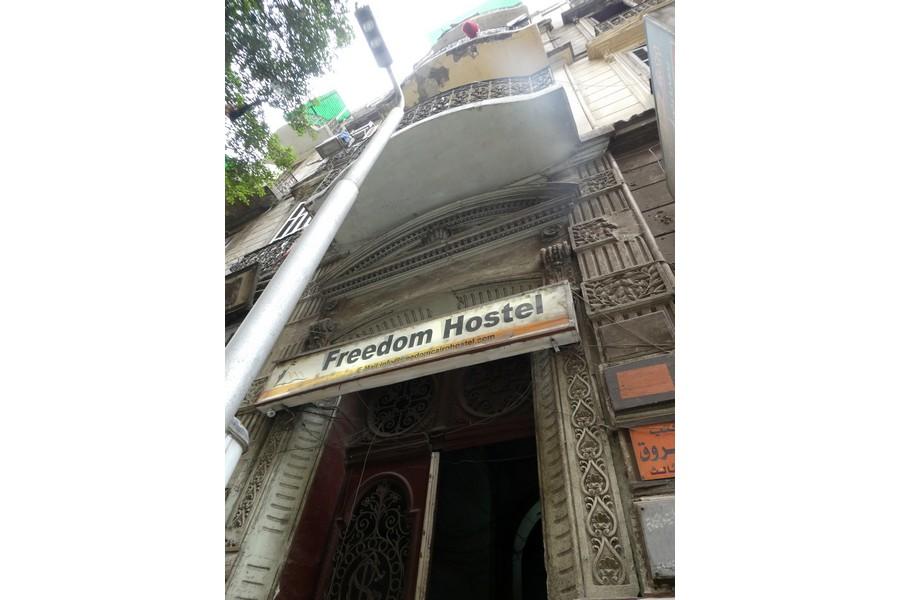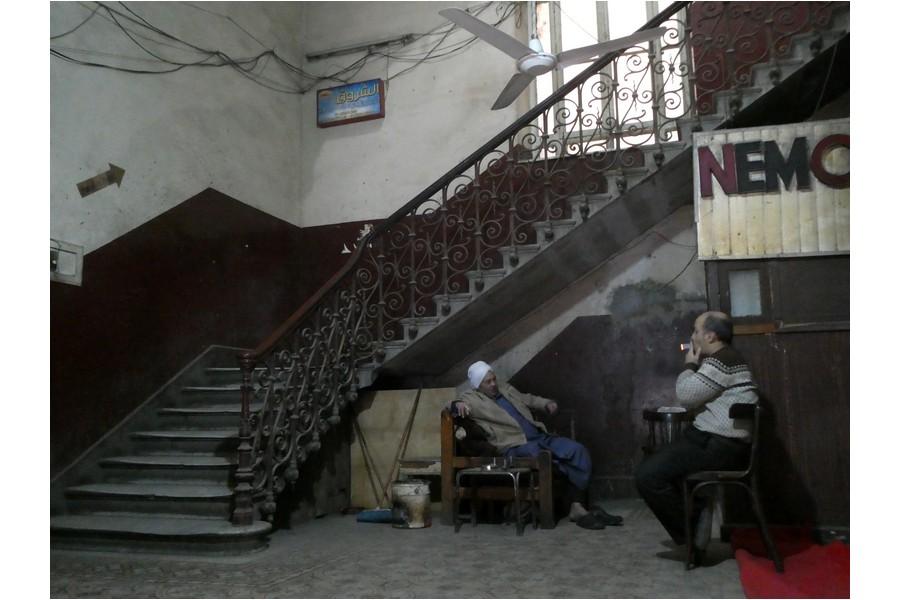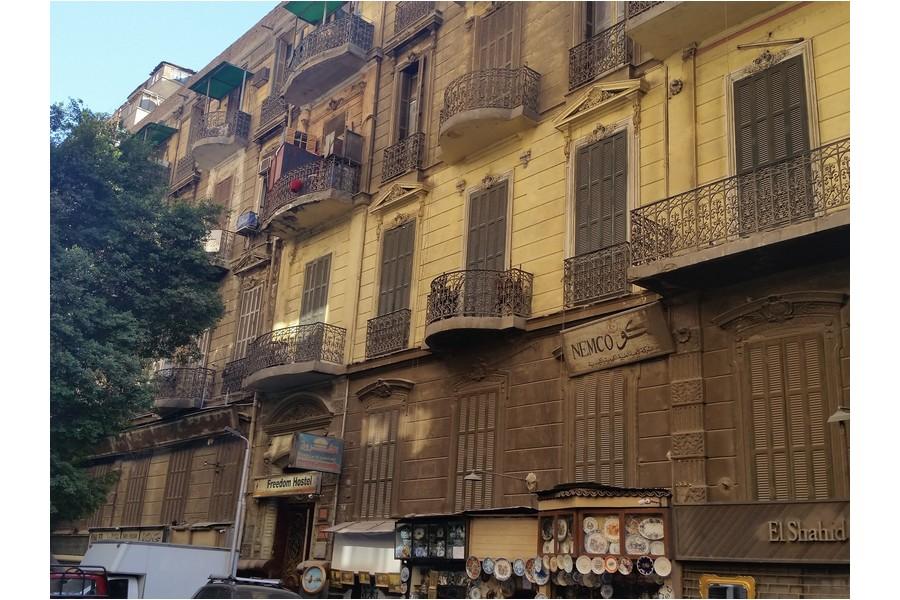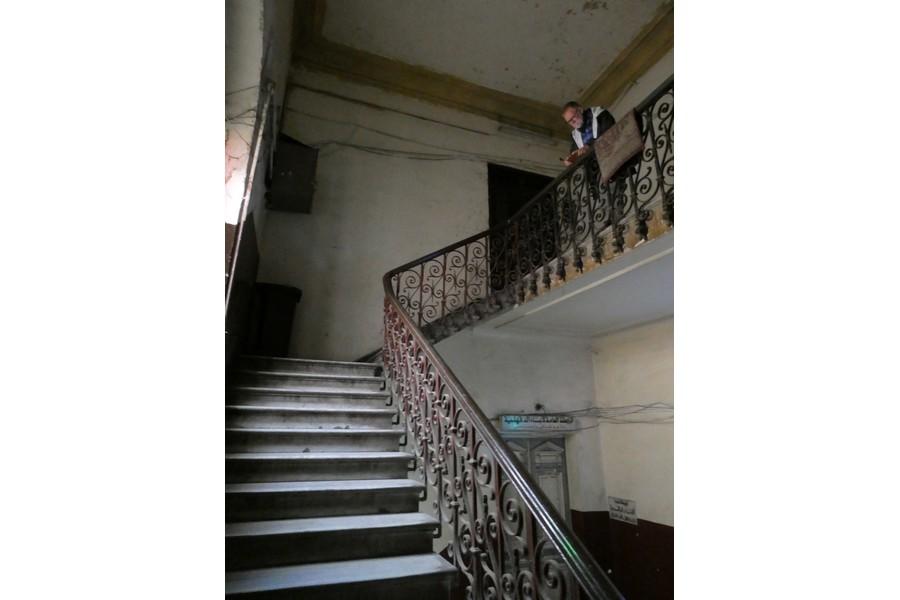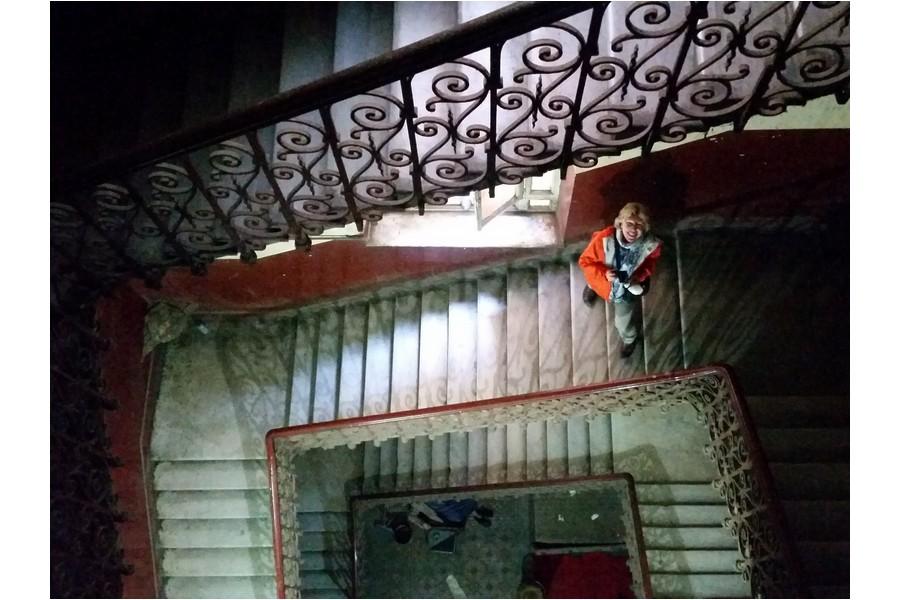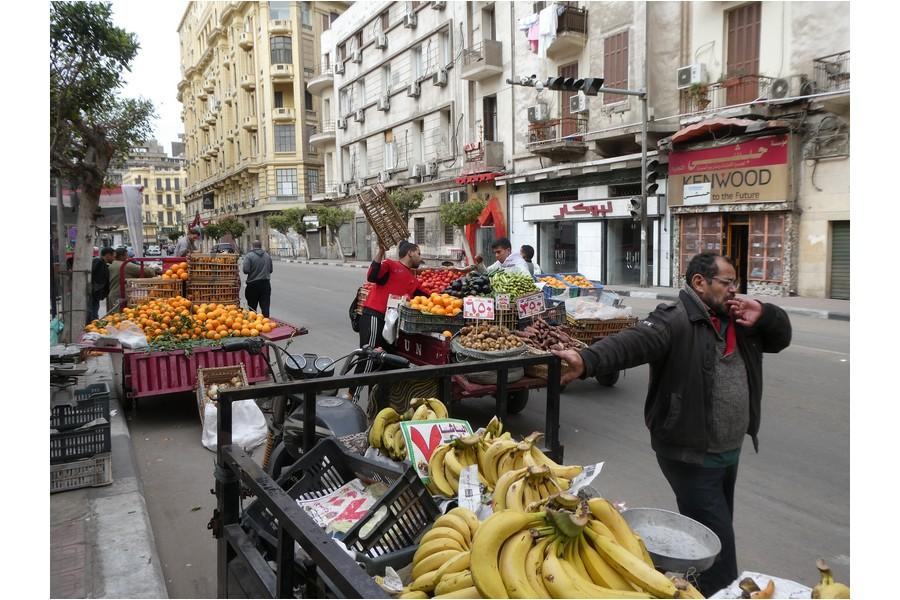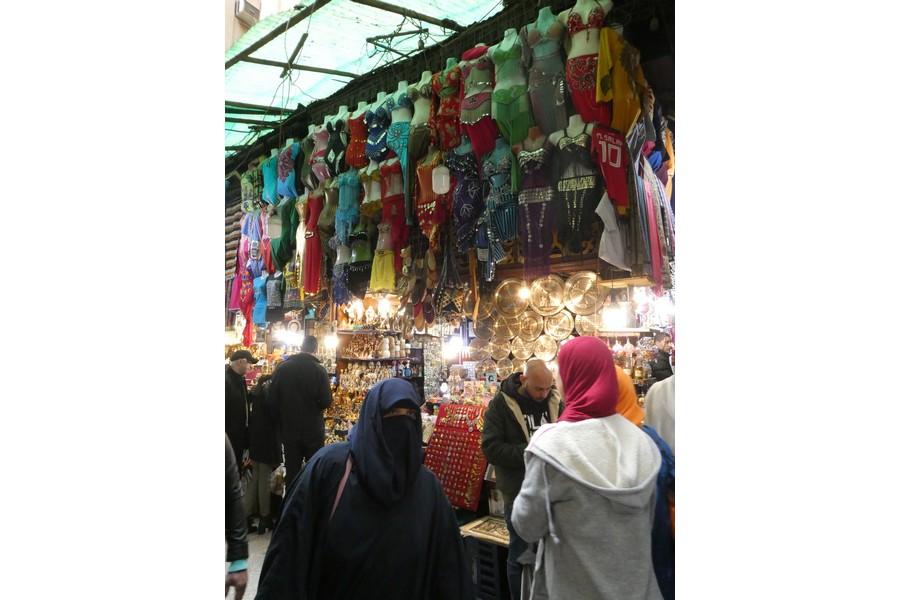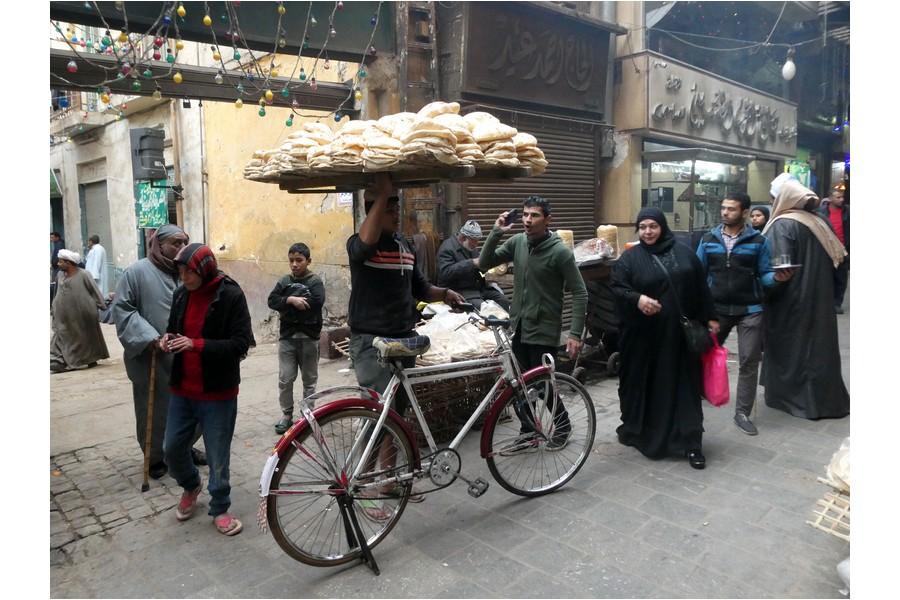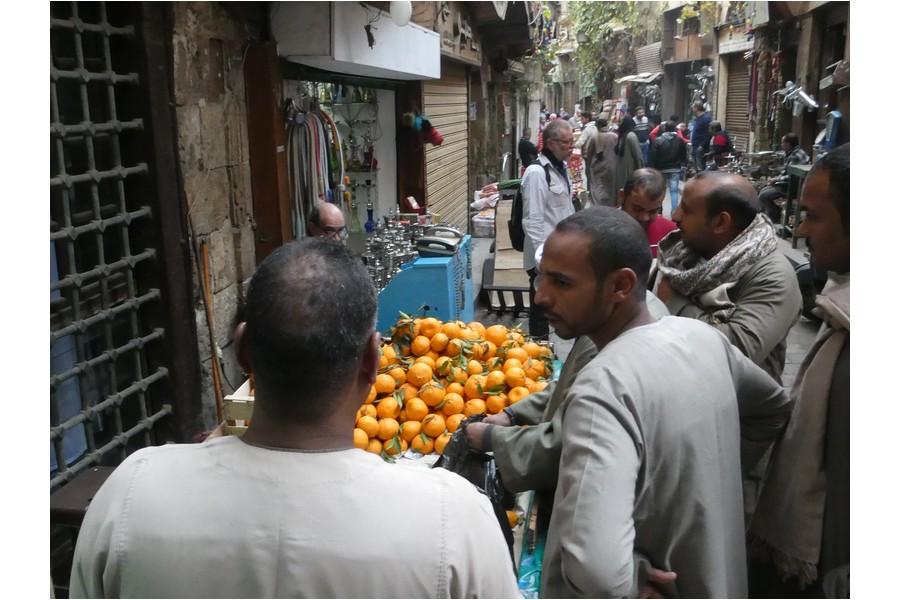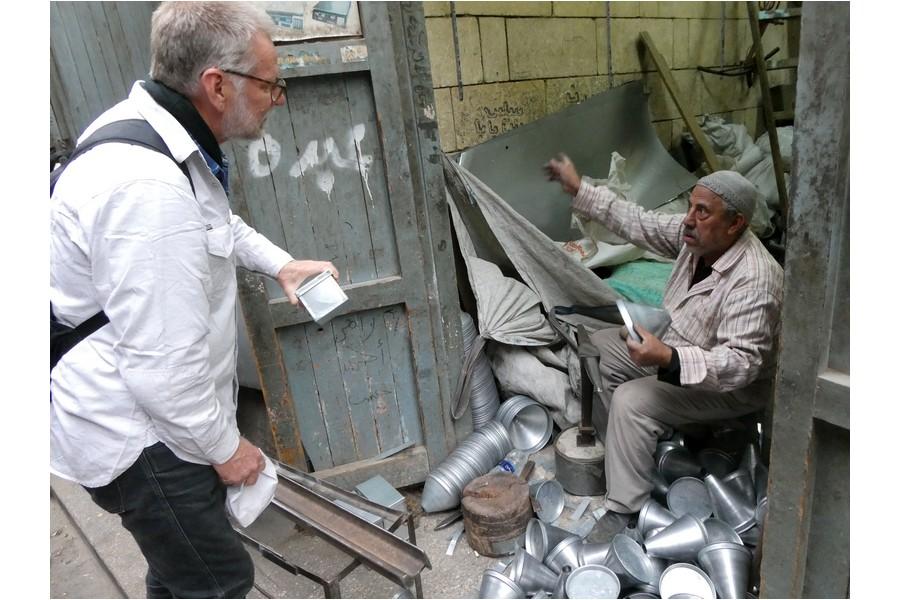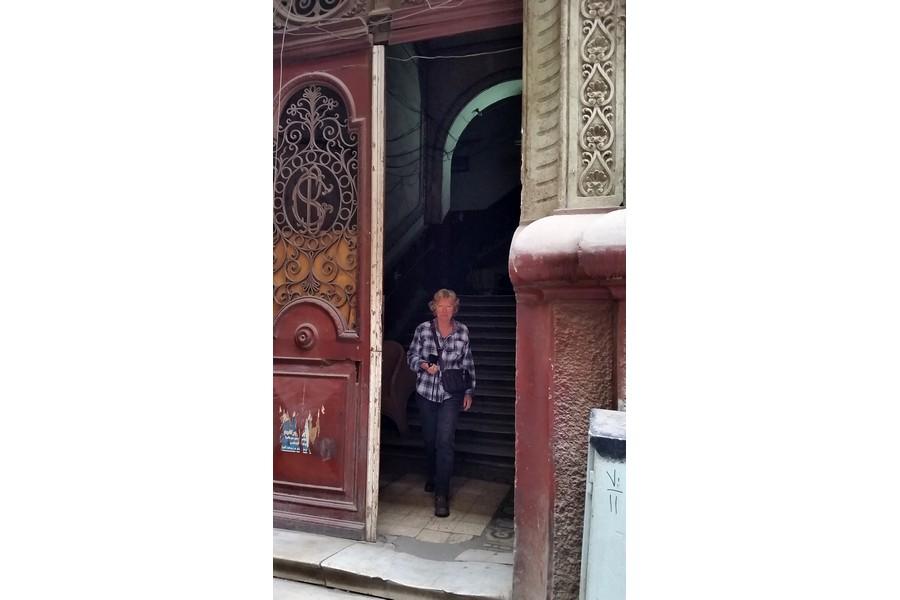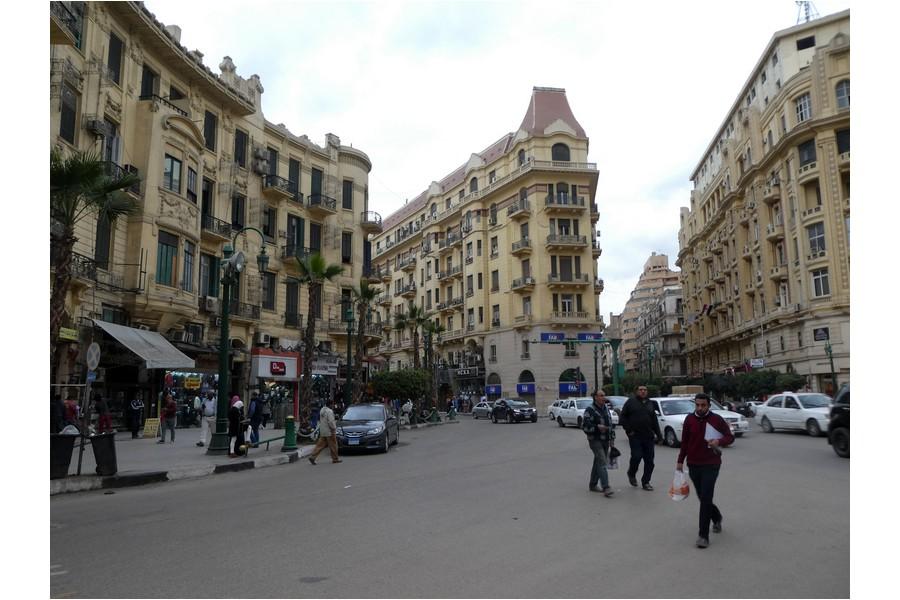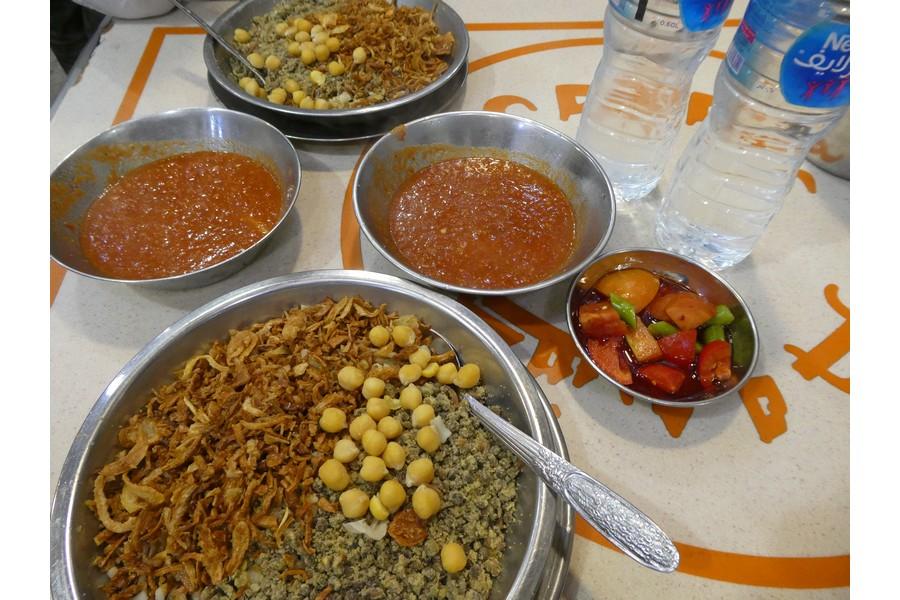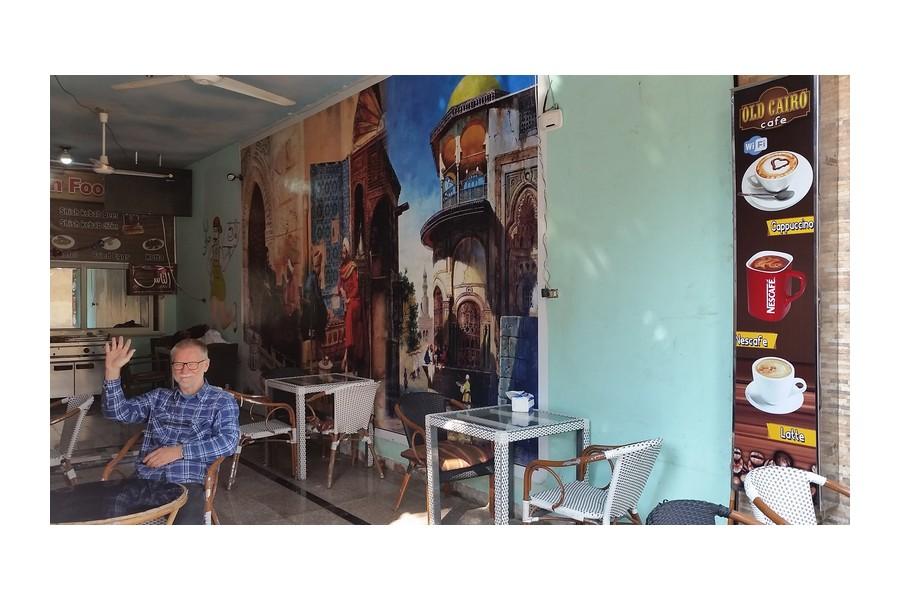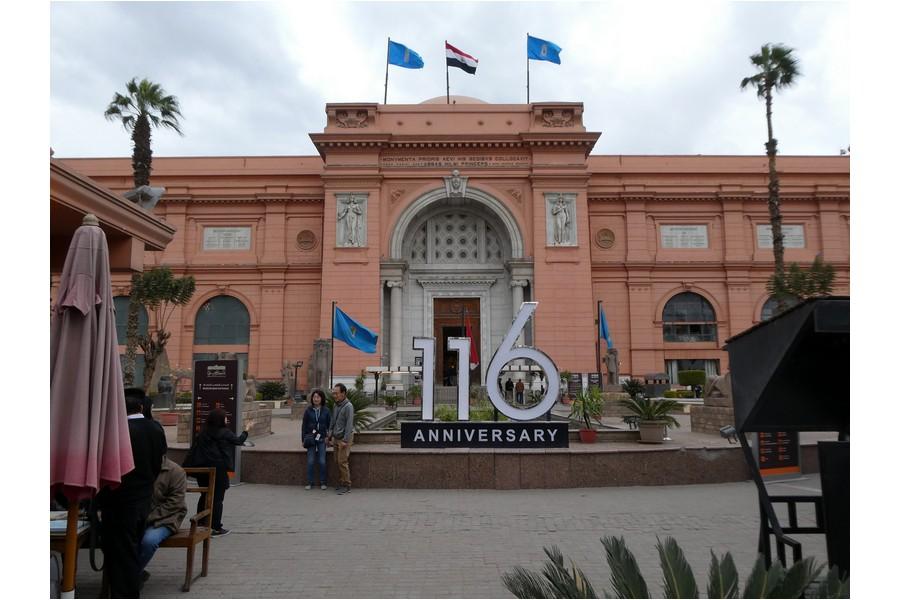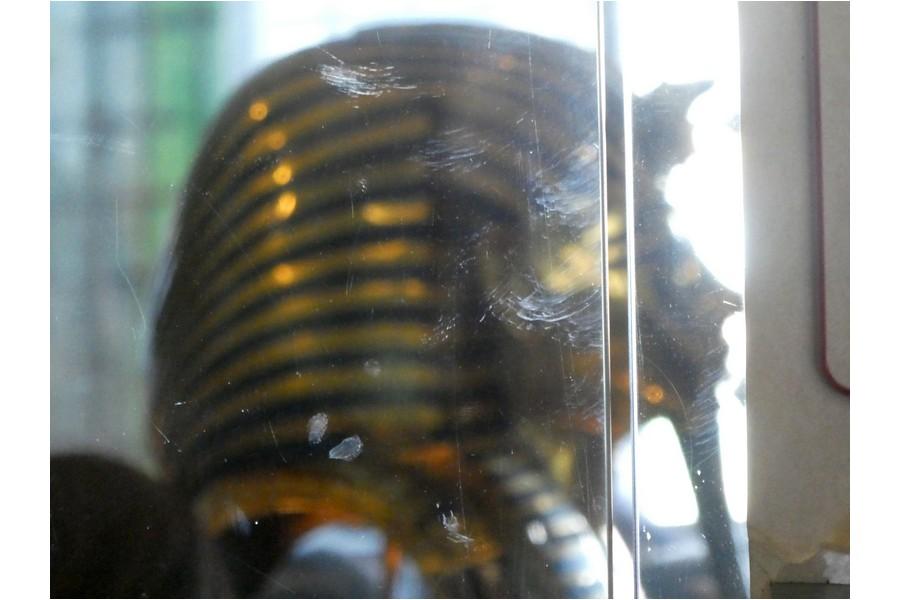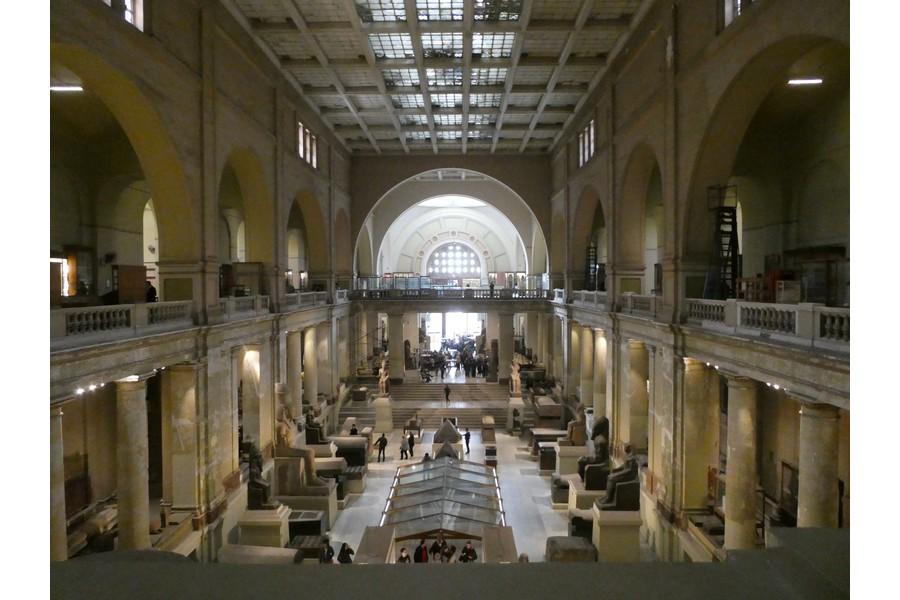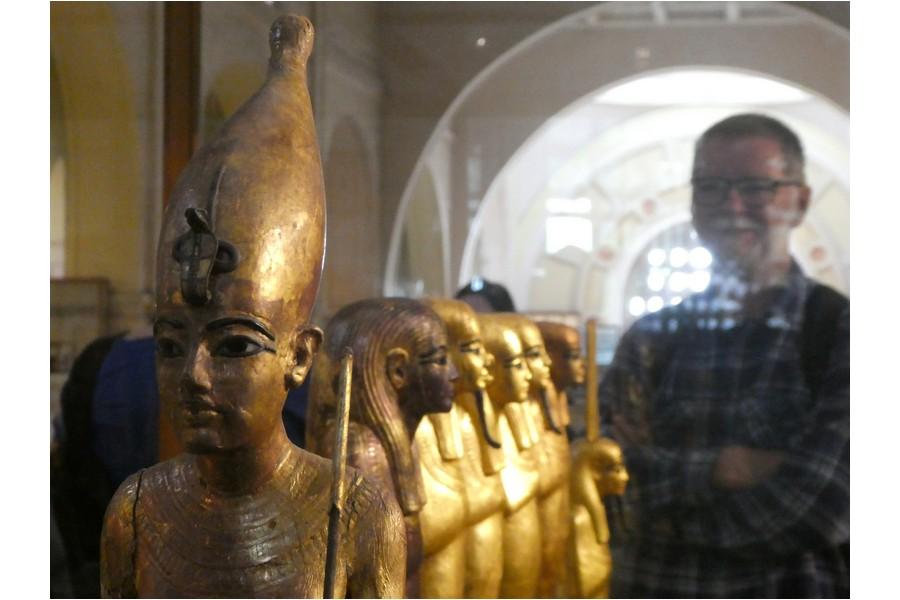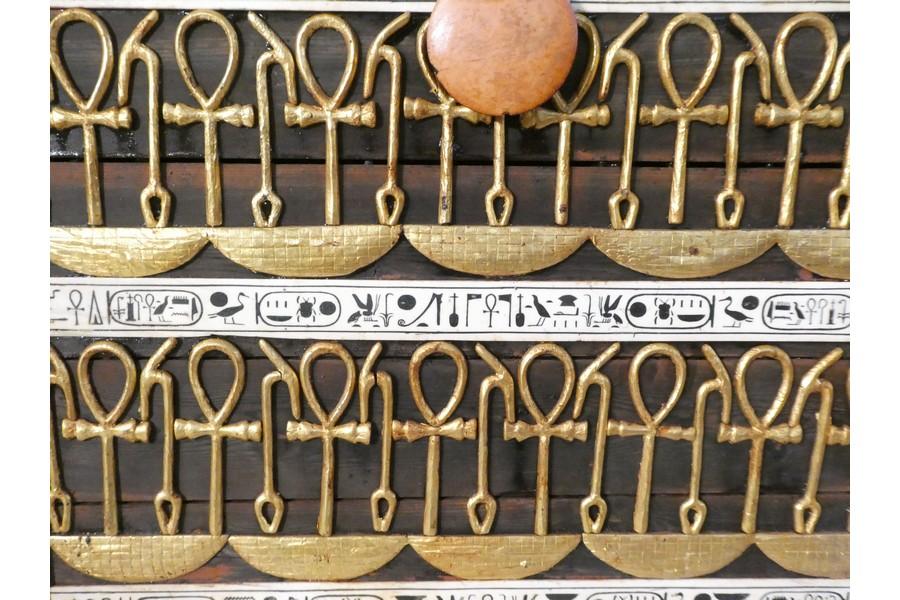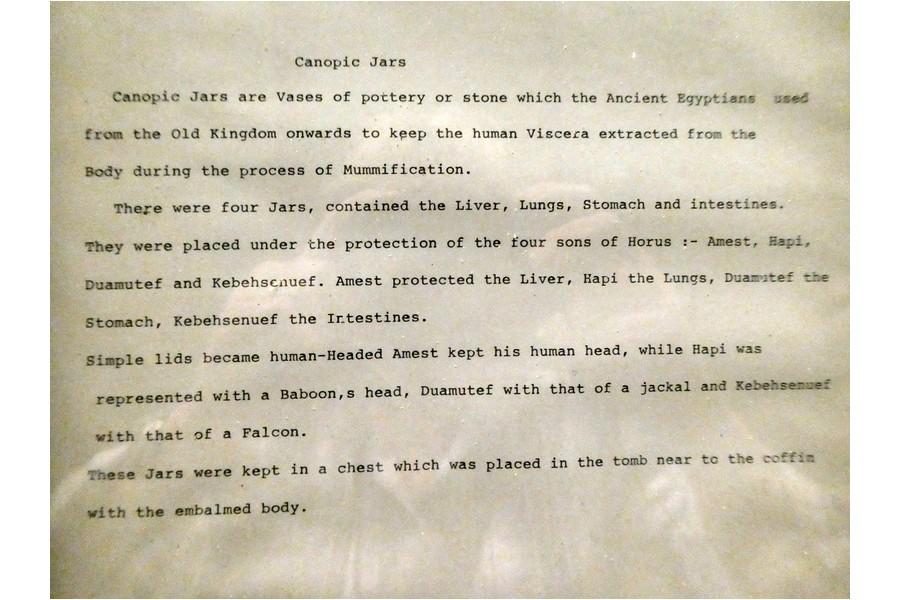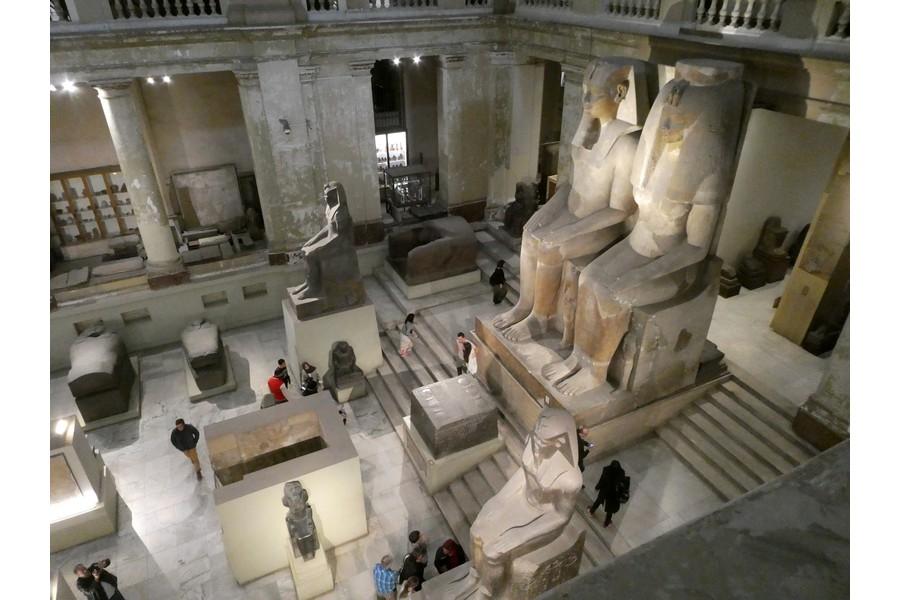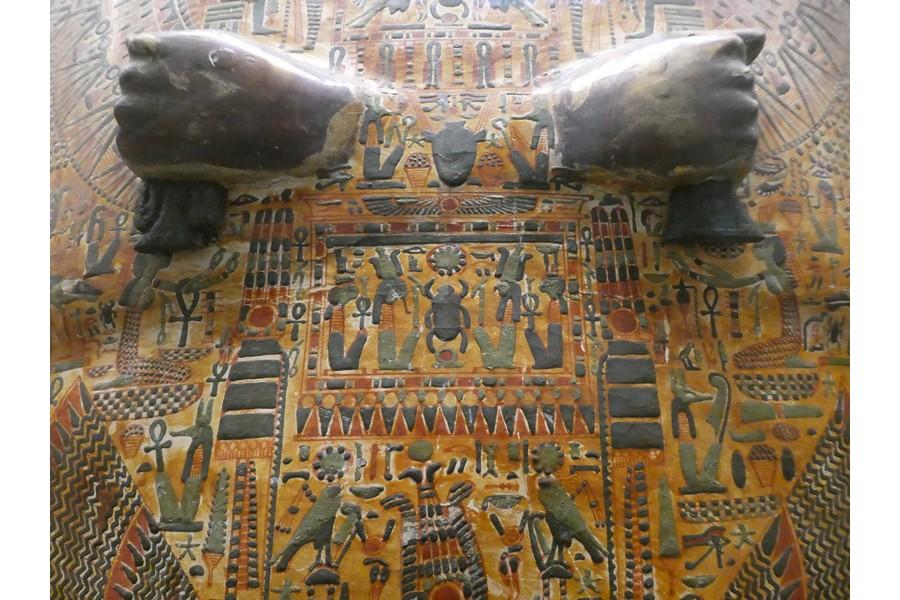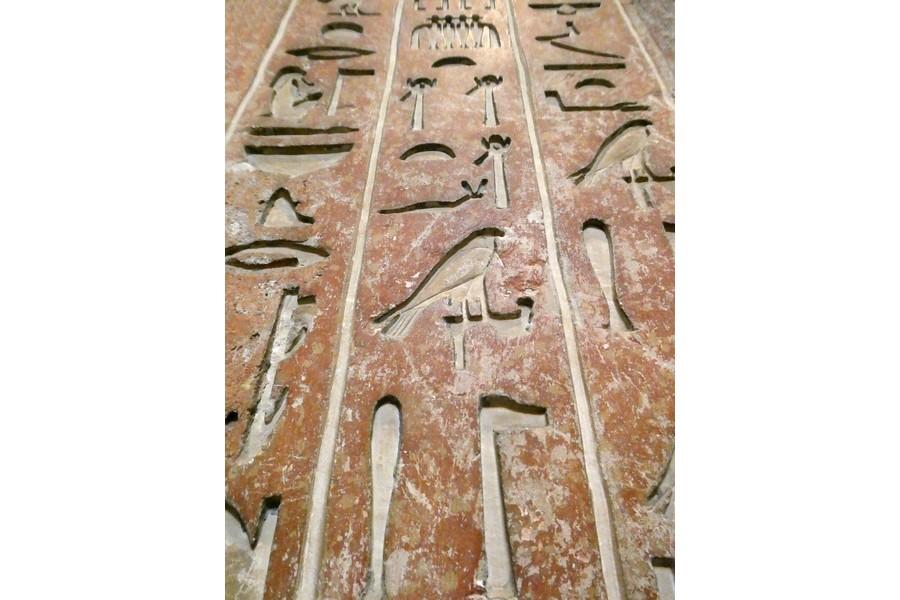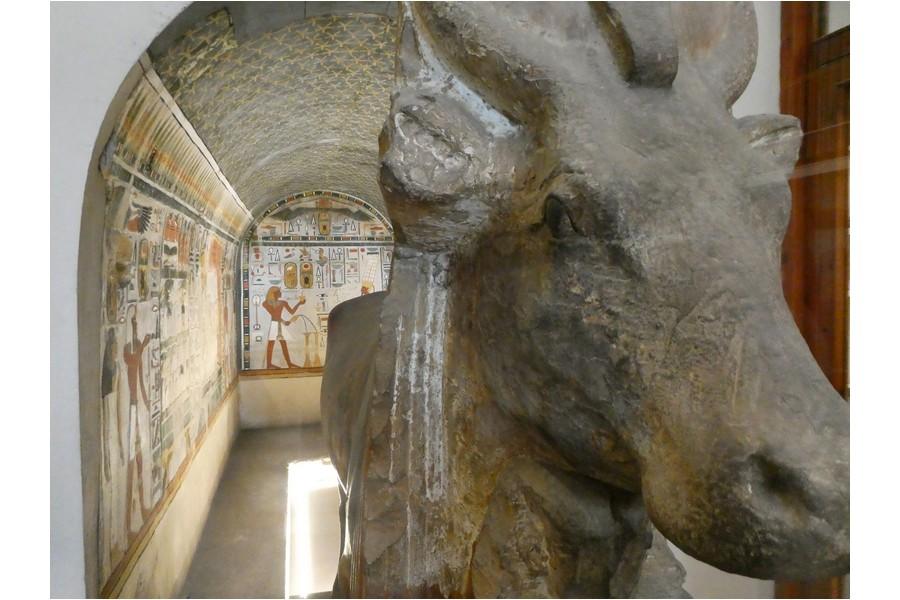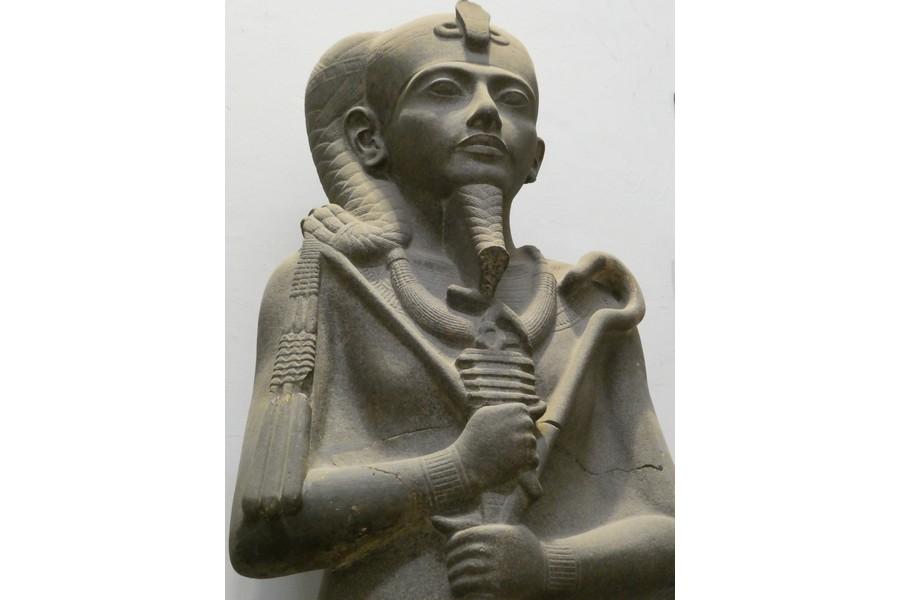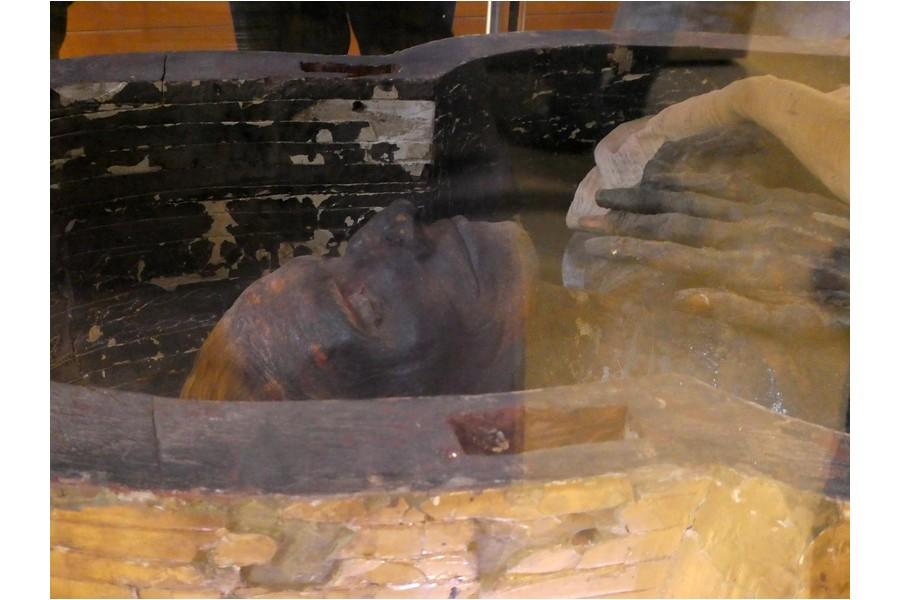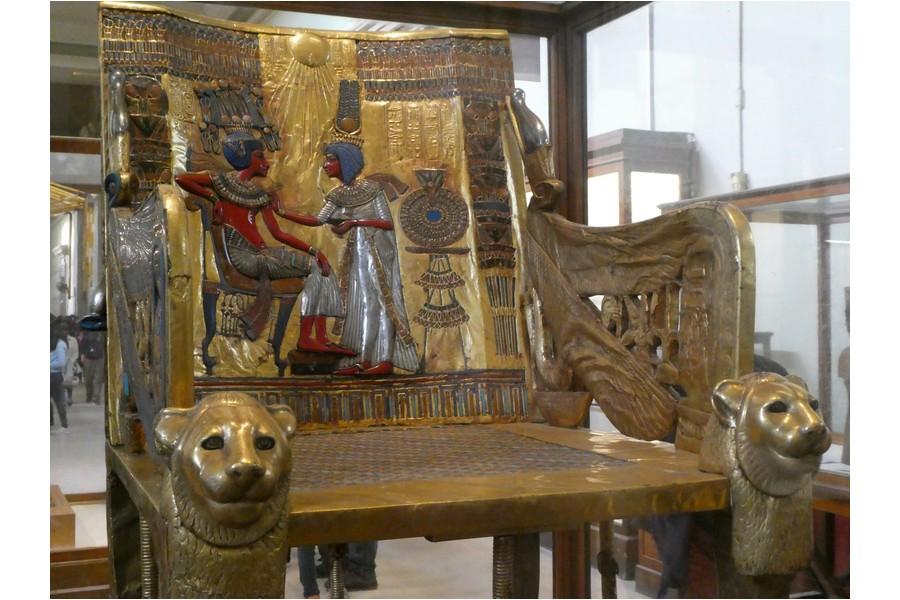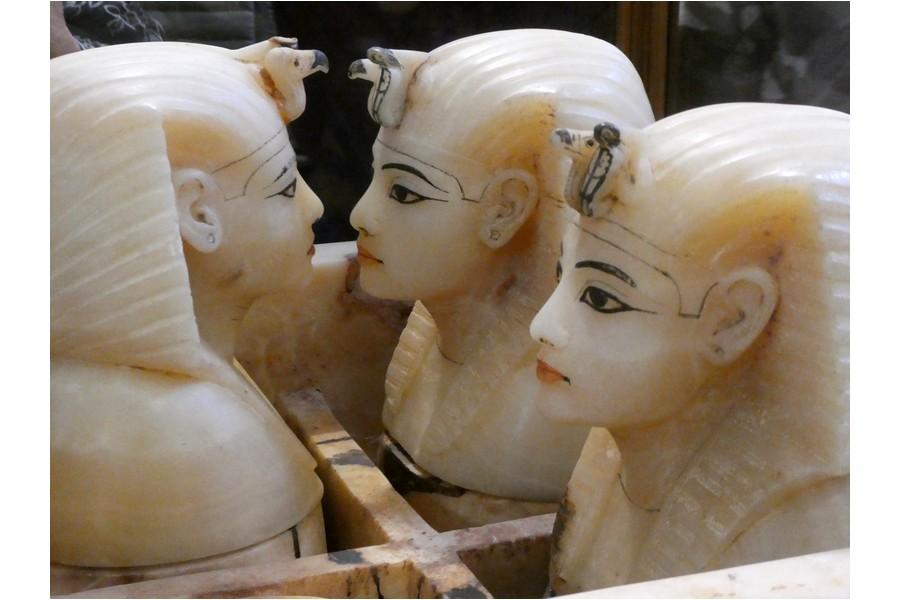A Hop, Skip and Giant Leap
Country
As Overlanders travelling on the Guzzi, we found the transition from one African country to another reasonably subtle. Probably the most significant differences had been crossing from Zambia into Malawi where the cost of a visa went from either $25 or $50 to $75; a result of entering a very poor country. From Malawi into Tanzania, the bicycle as the main mode of transport, was replaced with small motorbikes. Then from Tanzania into Kenya, small motorbikes were replaced with cars; a sign of entering a more affluent society.
We had our last island to island swim, ate lobster, downed a final sunset pina-colada and squeezed every ounce of fresh sea air into our lungs before enjoying one last lazy stroll along Shela Beach on Lamu Island early on Christmas morning. Merry Christmas wishes were joyfully passed around, and then it was time to leave our island paradise.
We left footprints in the sand on Lamu, HOPPED into Nairobi airport where we filled in a few hours. Then SKIPPED through a very swift transit in Addis Ababa, Ethiopia, before completing a GIANT LEAP into Cairo in the early hours of Boxing Day.
The arrival instructions from our Cairo accommodation were “Please be informed that our driver will hold a sign with your name at the exit gate (OUTSIDE OF THE TERMINAL). After you get your luggage, just recognise him :) Kindly don't follow anyone inside the terminal and go outside of the terminal to meet our driver. If you find it crowded outside, kindly calm down and look for the sign with your name carefully.” We easily found our driver at the exit gate in what was a not too congested arrivals area.
A friend of a friend had described the pollution in Cairo as “you can feel it in your lungs”. At 2am the air was cool and not at all dusty and polluted as we were expecting, so everything at that moment was feeling calm.
I had booked five nights at the Freedom Hostel in Downtown Cairo, budget accommodation that had a 9.2 booking.com “Superb” rating over 593 reviews. We were expecting crazy Middle Eastern traffic on the roads, so weren’t surprised nor disappointed. Suddenly the traffic thinned and the streets became narrower and less well lit. The driver stopped in a back alley in front of some enormous locked medieval metal gates. Mmm…please don’t just leave us here… Luckily he phoned someone inside and eventually a young Egyptian fellow slowly opened the gates.
Once inside, we ascended a flight of 105 year old marble steps that were so worn, that even though you knew you were going up, you also knew that any wrong move could have you travelling swiftly back down.
The first floor landing was dark and dingy with a small dust covered bicycle resting against balustrading that reminded me of that on the Titanic 100 years after it had sunk. I softly remarked to Dale, that some people at this point would be freaking out. Was I freaking out? Well, I knew the name of the place was correct and I was with my husband and the taxi was arranged by the hostel and…well, we just had to wait and see.
We seemed to be climbing worn marble steps forever. Luckily the young Egyptian fellow insisted on carrying our bags. It was then I remembered the only negative review was that nobody mentions you have to climb four massive flights of steps. Once inside the Freedom Hostel front door, all was well and we were able to breathe a sigh of relief.
Cairo: They say you cry when you arrive, and cry when you leave. However I think that relates more to new ex-pat residents, rather than tourists. We have enjoyed our Canadian mate’s tales of being transferred to Cairo, housed in a remote Arabic only speaking suburb where hubby went off to work and wifey was left home alone trying to work out the words for milk, bread and coffee – and lots of it!! Wine would have been her preferred beverage, but that wasn’t going to be something easy to obtain in their new surrounds. Five years on, they were transferred again, and they did leave Egypt crying!
From our Downtown accommodation, we were walking distance to the famous Egyptian Museum, Tahrir Square and the Nile. We very soon discovered “kushari”, also written “koshari”, which is an Egyptian dish originally made in the 19th century. It is a dish made of rice, macaroni, and lentils mixed together, topped with a spicy tomato sauce and garlic vinegar, and garnished with chickpeas and crispy fried onions. When washed down with “karkadeh”, a tarty, cranberry-like flavoured hibiscus juice served either hot or cold, with or without honey or sugar, tops off a hearty and healthy meal.
Walking through Tahrir, or Liberation Square, felt quite odd. No one is permitted to loiter, the whole area is surrounded by security personnel and you are constantly reminded that this was the area where millions of Egyptians converged to oust then-president Hosni Mubarak during the Arab Spring in 2011. The change at the time, wasn’t as most had hoped, however Egyptians remain mostly positive of stable government at some time in the future. Most refer to the uprising as The Revolution. Our hostel was established directly following the revolution and given the very optimistic name of “Freedom Hostel”.
The imposing pink coloured Egyptian Museum is located on the edge of Tahrir Square and houses one of the World’s most important collection of ancient artefacts. Earlier efforts at managing Egypt’s ancient heritage began in 1835, when artefacts apparently bounced around in various homes before the current museum was erected in 1902. Negotiating your way around the museum is an adventure in itself. Many items have remained in the same spot since 1902, lighting in parts is dim, surplice items are disorderly stored in plain sight, and signage has weathered over the decades. Upkeep of the museum appears to have been strained, and with some looting during the 2011 revolution and the ever-expanding field of Egyptology, this relic of a museum is an artefact in itself. The best strategy we found was to just wander and get totally lost in time.
More than 120,000 items are on display, and knowledge gained from our visit will stand us in good stead for upcoming ventures into the Old, Middle and New Kingdoms and coming face to face with life 5000 years before today…

